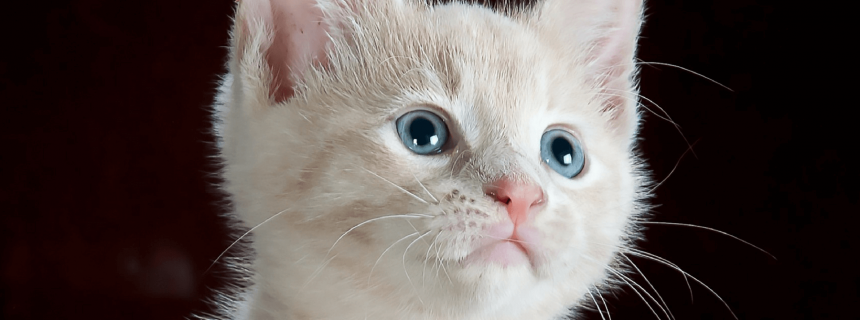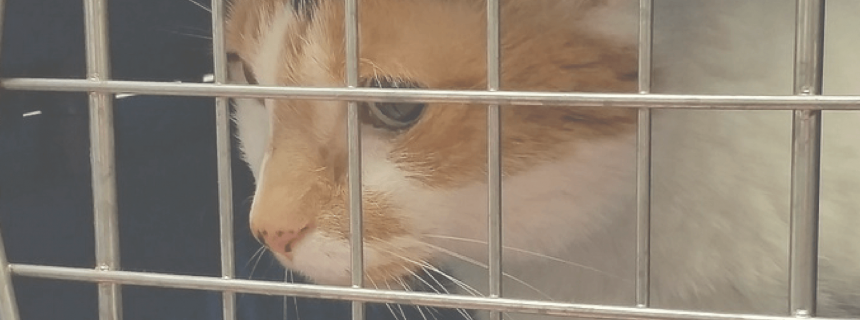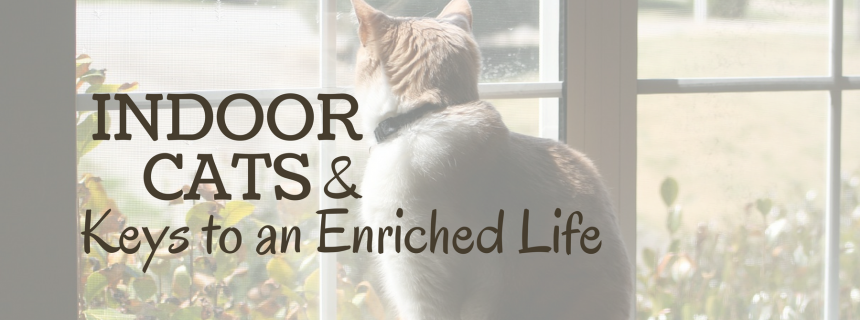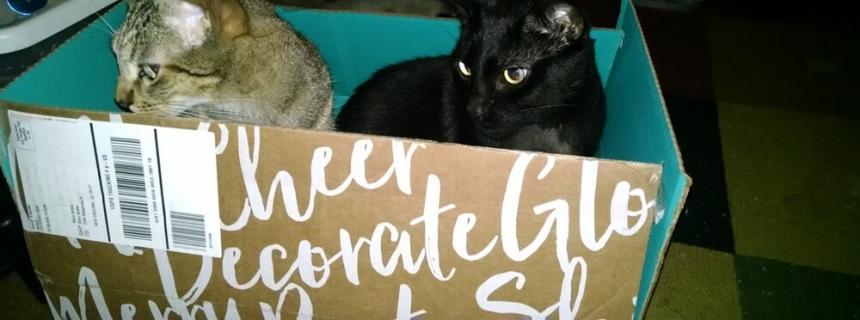Is Your Kitty a Hazard to Your Health?
Toxoplasmosis, a disease caused by the parasite Toxoplasma gondii, has been scaring pregnant women and families for years—and cats have a bad reputation of being the source! The truth is, despite the feline’s connection to this parasite, family pets are likely not the cause of this disease in human cases. Most commonly, human infection occurs as a result of gardening in contaminated soil or handling raw meat.
Read More
After Adoption: Why Your Shelter Pet Still Needs to See a Veterinarian
Congratulations on the adoption of your new pet! We are thrilled that you decided to adopt a pet from the shelter and save a life!
When a dog or cat is adopted from the shelter, he/she is most likely current on vaccines, has been spayed or neutered and has been microchipped. The shelters work hard to make adopting a pet as easy as possible. However, it is still very important to follow up with your veterinarian soon after adoption.
Read More
Bringing Home Puppy: What's Next?
There are fewer things in life sweeter than a new puppy. The soft fur, big paws and sweet breath…there’s nothing better!
But what do you do after you’ve picked out the name, purchased the supplies, puppy-proofed the house and brought home your bundle of joy? In honor of National Puppy Day on March 23, we’ve compiled a health care guide just for new puppies and the parents who love them.

Preventative Care
Read More
February is National Pet Dental Health Month!
Did you know that “doggie breath” isn’t one of your pooch’s inherent traits? It’s actually a sign of a problem—dental disease.
Most of us don’t think about our pet’s teeth, but the truth is that dental disease is as common in dogs and cats as it is in humans. This disease is a frequent source of pain and often leads to poor general health, including liver, kidney and heart disorders.
Read More
Will My Cat Hate Me If I Take It to the Vet?
If the thought of wrangling your cat to get them to their vet appointment makes you cringe- you’re not alone. Who doesn’t enjoy peeling their cat out from under the bed, somehow coercing them into the carrier, and then driving them to the vet office? All while they yowl obscenities at you. This can be a highly stressful event, not only for your cat, but for you as well. Oh yeah, and the experience at the cat’s clinic hasn’t even begun yet.
Read More
Indoor Cats: The Keys to an Enriched Life
While cats confined to an indoor environment generally live longer and are at less risk for contracting infectious diseases or injuries due to trauma, they are at greater risk for a variety of behavioral problems. These problems include urinating and defecating outside the litter box, anxiety, eating disorders, attention seeking, aggression, self-injury and compulsive disorders like excessive grooming and scratching.
Read More
Training Basics: Starting the New Year on the Right Paw
It’s a new year — a time when so many of us make resolutions only to modify or forget them completely within a day or two. This year, I would like to ask you to make a resolution that you will stay true to and fulfill not just for the next 12 months, but always: Train your dog!
Read More
How to Train Your Cat
January is National Train Your Dog Month, and that seems only natural. After all, most people think about how they’ll train their dog, and they work hard to make sure their best canine friend is well trained. But there are more cats as pets in the U.S. than dogs, and many homes have multiple cats. Why is there no “National Train Your Cat Month?” Is it because we think of cats as aloof and independent – too much so to be trainable? … Well, yes, but that doesn’t mean that perception is a reflection of reality! Cats, despite popular opinion, can absolutely be trained.
Read More









